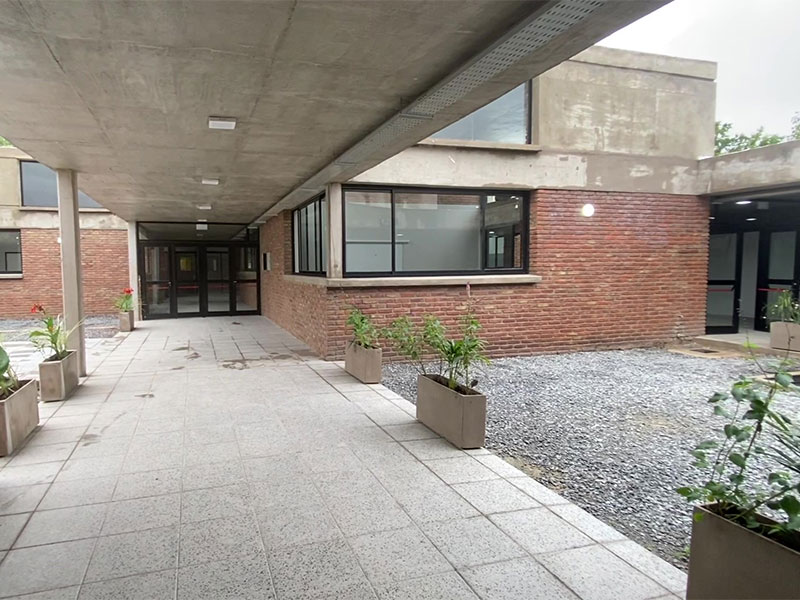Time: resource or limitation?
Time: resource or limitation?

“I don’t have time.”
“I’m always in a hurry and I never have a moment for myself.”
“Today I don’t even have a second.”
Oftentimes, people who run after time are always tired, frustrated and unsatisfied. In fact, they are pursuing an incessant amount of “doing” that doesn’t nourish or satisfy them; activities that fill up all their time until all their energies are exhausted.
On the other hand, those who seem relentless, always active and present, are those who go beyond simply “doing”, those who have a result in mind. They have an objective. The doing, in this case, is directed at something of importance to them. Time, therefore, is a resource used to pursue an objective. These know where to direct their attention and energy.
There is a valuable internal messaging system that will help us know if we are running after time and not making room for what is really important to us: our emotions. For the last thirty years, the study of emotions has been profound and widespread amongst the public, with the contribution of authors like Daniel Goleman, Paul Ekman and Daniel Siegel.
Those who are occupied with just “doing” may feel high levels of stress, often accompanied by sadness and frustration, to the point where they do not have the will to face the day ahead.
When facing an unpleasant emotion, people often have two roads they can take: one is to feed that emotion, living it passively, starting by complaining, feeding the state itself; or, they can see the emotion as a message, like a lamp on a vehicle that lights up indicating there is something requiring an intervention.
Understanding the message carried by an emotion can change the direction. A feeling of frustration can be used as a lever to change something, rather than living in dissatisfaction. To be successful in this, time is precisely the key, because it is necessary to stop, make room for new understanding to enter, and thus cultivate new thoughts. Time is necessary so that one can harvest what has been sowed.

All of this creates a real change within us. We learn to manage our time according to our real priorities.
Today, the discoveries of neuroscience attest to the fundamental principle of neuroplasticity of our brain. Our predominant thoughts feed connections between our neurons, synapses, from which repetitive behaviors stem, by the same mechanism with which one can learn to drive a car “automatically”, without paying attention to each phase.
Therefore, when one gets caught in sadness and frustration, continuously lamenting, this forms the habit of complaining, independent of external events.

Neuroplasticity, on the other hand, says that, if we concentrate our attention in a different way, if we change our focus, the brain will predispose itself to create new synapses, and, with time, new habits. If we have a clear objective, the attention we pay it will create new synapses, new behaviors which, in the course of time, will bring us closer to the result that we proposed.
And so time, for us, will become a resource. The new emotions we will feel will sustain us just like fuel, and the objective will be the engine that will feed the whole process. We will be able to open new paths. Time will be at our disposal. What used to imprison us will become our source.
Is it worth finding time for this?









